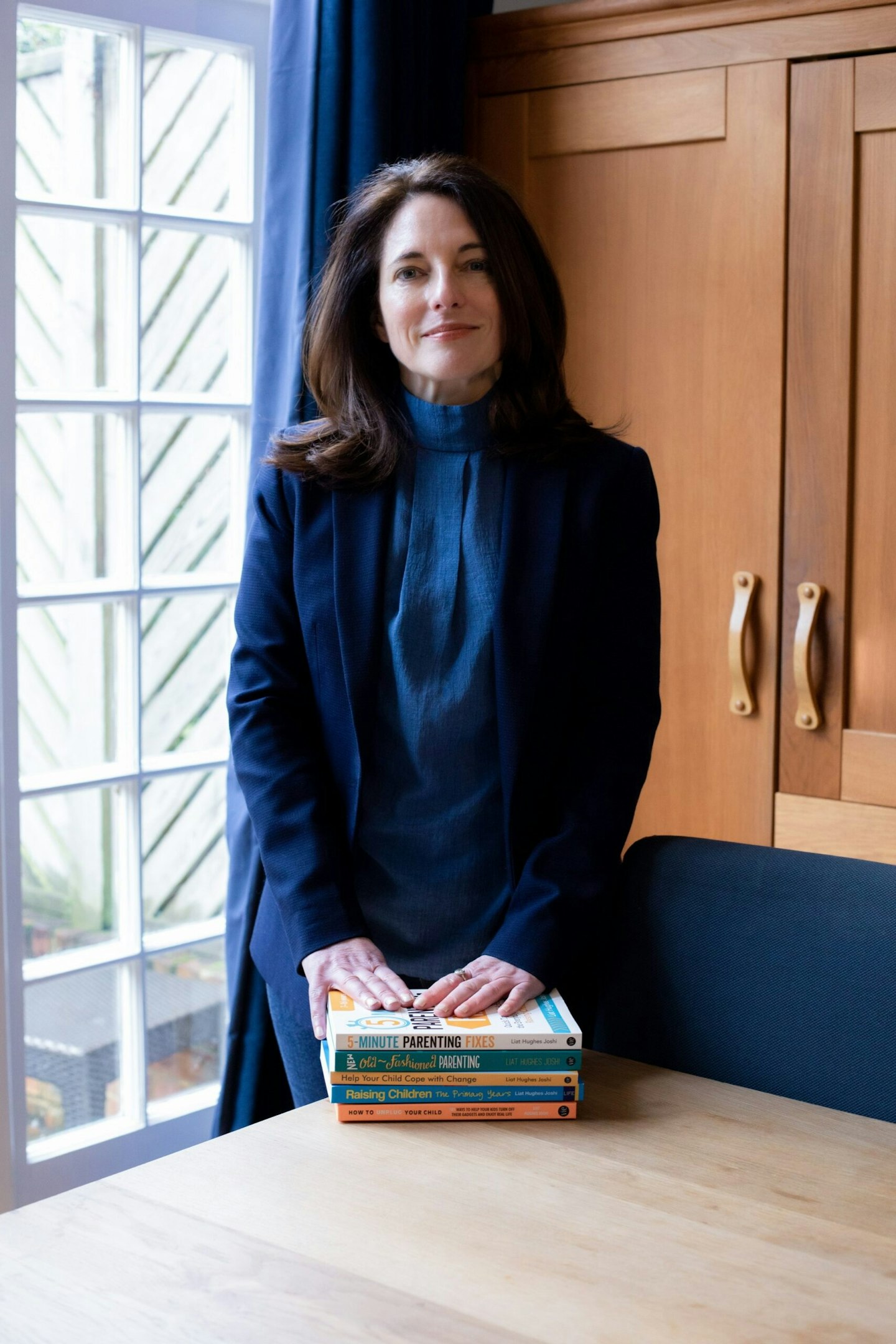When I speak to parents, the number one issue they struggle with is screen time. It’s easy to see why. Tech is everywhere and central to all of our lives including – at least if we allow it to be – our youngest children’s. It certainly has its benefits, but as is now well-documented, it can hamper mental health, sleep, harm attention spans and get in the way of time together as a family. Plus it’s all so different now to what we grew up with; we’ve come a long way in the last ten years, never mind the last couple of decades or more since we were our kids’ ages. It feels like much more than a single generation worth of change to deal with.
Despite all of this, you don’t have to resign yourself to your children’s childhoods being overwhelmed with screens. We are not helpless but we do need to establish firm boundaries and stick to them, which can be easier said than done sometimes. And you know what, those firm boundaries start with our own tech use.
As parents, we need to lead by example. Children learn from us. If we’re constantly checking our phones while our little ones are desperate to share what they did at school today, or we’re scrolling during supposed family quality time, what message are we sending (probably a WhatsApp one literally…)? It can be difficult to ask them to put their screens down if we’re on ours so much.

Young children
When it comes to the youngest children, I’d recommend delaying giving them their own gadgets for as long as possible. Stand firm if you want to hold off on introducing gadgets to their world for as long as you can. Kids don’t need smart phones and games consoles even if they say they do. They just want them.
With younger children, it can be temptingly easier to just hand them a screen to keep them quiet but try not to get into the habit of always doing that. Encourage offline activities both at home and while out and about. Keep a 'go-to bag' of small toys or drawing materials for outings, and have a list of non-screen activities on the fridge for moments when the “I’m bored” complaints begin at home.
Older children and teens
However, when it comes to older children and teenagers, it’s important not to demonise their screen activities. Even if you’re frustrated that they’re always gaming or constantly filming everything, remember that these activities are meaningful to them and often central to their social lives. Acknowledge that their online activities matter to them, but work together to set reasonable boundaries.
Not all screen time is harmful either, so it's important to focus not just on how much time your child spends online, but what they are actually doing. If they are learning a language or picking up a new skill, that's a far cry from spending hours on violent games or mindlessly scrolling through social media.
Family traditions
Another aspect of this is to create family rules about screen time. This works best when done calmly and out of the heat of the moment. Start involving your kids as soon as they’re old enough to understand and let them have some input once they’re older; they may surprise you with sensible suggestions, although the final call on what rules are set should be yours as the adult.
In my family we found that screen-free dinners worked well but if anyone genuinely needed to look something up online, they had to ask the others at the table if that was ok and explain the need. They could agree or veto it. That applied to the adults too. So dads wanting to look at football scores might get a 'no you have to wait' but someone needing to answer a truly urgent call would not. It means we are all showing each other respect.
I’m not saying lose the screens altogether; there’s a time and place for them but it’s about balance, so that tech is part of our family life but not life itself too much.
Liat Hughes Joshi is a North London-based parenting author, journalist and coach. She's written six books on parenting which have been published in 14 different countries. Her most recent book is How to Unplug Your Child (£7.99).
